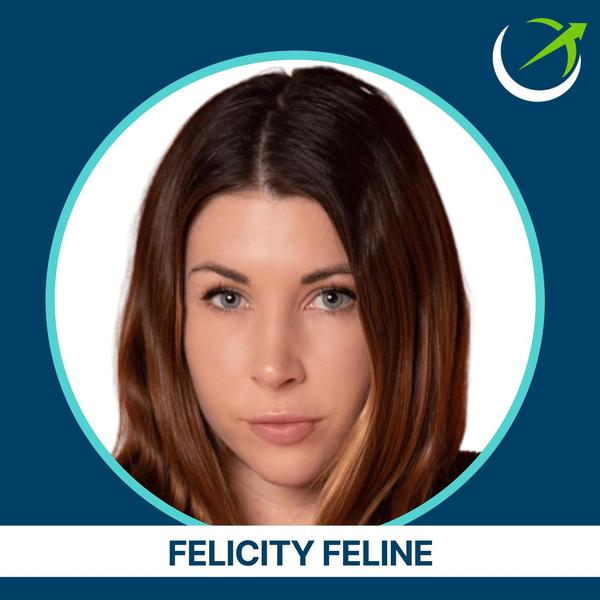How To Reduce Loneliness, Depression, And Distraction By Adapting Our Relationship To Social Media
Mark Hyman
Jan 8, 2024
Mindsip insights from this episode:
Reclaim critical thinking lost to technology reliance
'Digital deduction' is the idea that our reliance on technology like GPS and recommendation algorithms is eroding our natural critical thinking and problem-solving abilities.
Prioritize real-world conversations to combat loneliness
The small happiness boost from virtual interactions is far outweighed by the loss of high-value, real-world conversations, resulting in a net increase in loneliness.
Embrace digital minimalism to align technology with core values
Instead of temporary 'digital detoxes,' adopt 'digital minimalism' by only using technology that intentionally serves your core values and ignoring the rest.
Recognize social media's addictive design to reclaim attention
Social media apps are engineered to be addictive by providing 'intermittently arriving social approval indicators' like likes and tags, which hijacks the brain's dopamine system like a slot machine.
Combat digital dementia by strengthening memory skills
The phenomenon of 'digital dementia' describes how outsourcing our memory to phones is weakening our ability to remember basic information like phone numbers or things we've just read.
Address social media impact on teen girls' mental health
Teen girls are a particularly vulnerable population, showing increased rates of depression and suicide linked to social media use due to social comparison and amplified social hierarchies.
Use '1sec' app to break addiction and reduce mindless scrolling
The app '1sec' adds a brief pause before you can open a selected app, which breaks the impulsive habit and can save you hours of mindless scrolling.
Train your brain to crave nutritious behaviors
Your brain has separate circuits for 'wanting' (craving) and 'liking' (enjoying), but you can train your 'want' system by mindfully noticing how good nutritious behaviors feel.
Implement hairband phone hack to reduce mindless usage
To reduce mindless phone use, put a hairband on your phone to make you pause and ask 'WWW': What for, Why now, and What else could I be doing?.
More from
Mark Hyman
You also might be interested in
The Hidden Damage That Happens "Behind-The-Scenes" In The Adult Entertainment Industry, With Former Adult Actress Felicity Feline
How to Set & Achieve Goals | Huberman Lab Essentials
The Science of Erotic Altered States | Biohacking Sex
Neuroscientist: If You’re Feeling THIS, You’ve Lost Touch With Your True Self
Neuroscientist: If You Feel THIS, You're Living the Wrong Life (Unlock The One You're Meant For)








